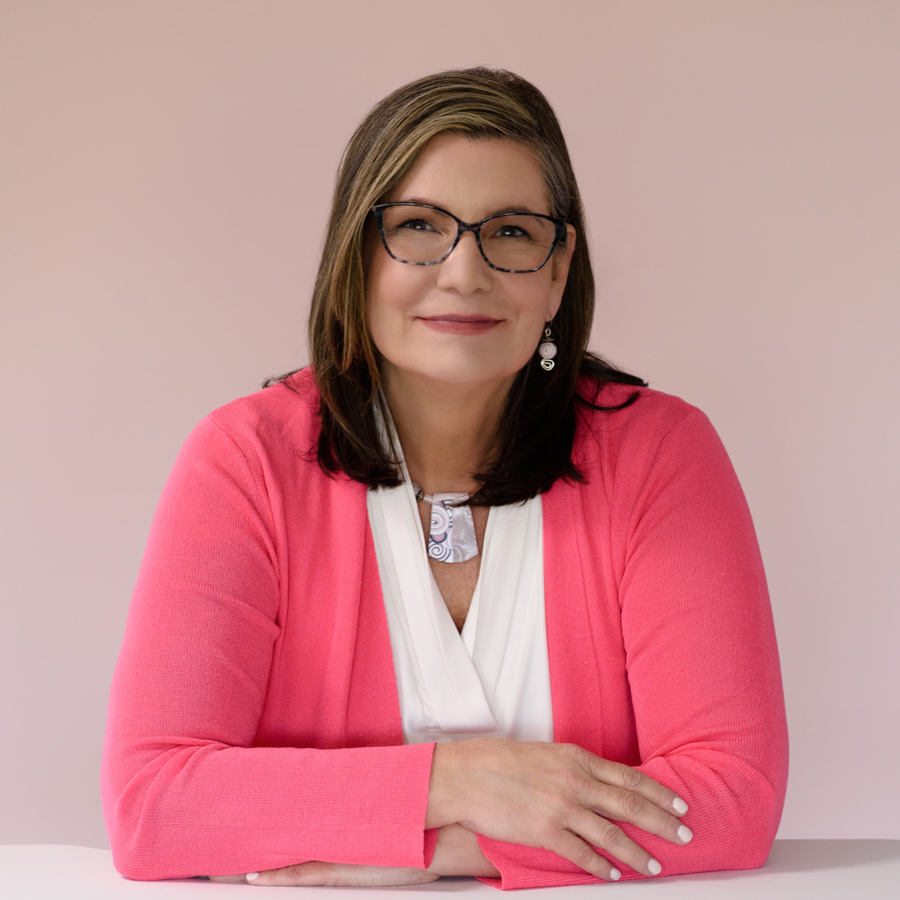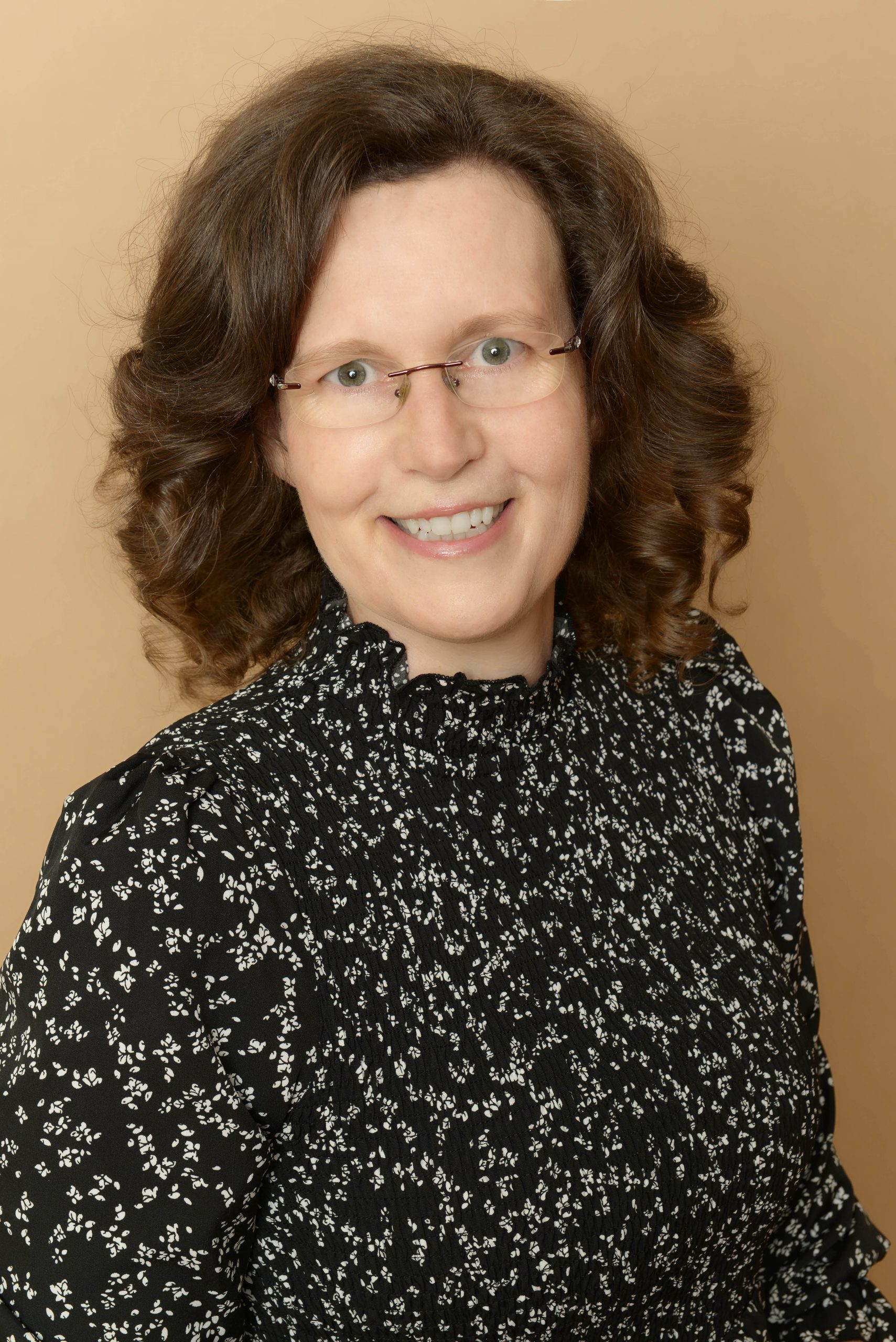Meet Jennifer Clarke, Deputy Director of Social innovation and entrepreneurship at Baltimore Corps. It is a non-profit organization that enlists talent for social innovation and works towards equity and racial justice.
Jennifer grew up loving her community and embracing the cultural heritage in the suburbs of Houston, Texas. Her parents instilled in her the thought that black excellence can be found around anyone outside the ones traditional media shared with the public. Despite being the only black family in the neighborhood, they got immense support from the community. She calls herself and her family the only “chip” in the cookie. They often went to football games in Southern Texas, African dance classes, and plays depicting Black excellence. She lived a carefree and fun life as a child exploring the neighborhood on her bike, drawing on the driveway, reading, and enjoying good times with her neighborhood friends. She attended Georgia State University where she pursued her bachelor’s in Chemistry and Sociology.
Before joining Baltimore Corps, Jennifer worked as a teacher, and then in non-profits where her focus was again on education. Her passion to serve and make a difference in the city combined with values given by her parents drove Jennifer to join the non-profit community. Her background in education and classroom leadership has helped in her current role where she works with social entrepreneurs. Talking about her organization, she says, “Baltimore Corps was founded in 2013 with a simple premise in mind: We need better ways for the most talented people to go to work solving the world’s most important challenges….Ultimately, though, we invest in talent because we continue to be moved by a simple but fundamental observation: Our greatest and most persistent challenges have been caused by people—they can and will be solved by people”. In simpler words, the organization invests in the change-makers by providing them the funds and resources to work for the betterment of the community and the city.
Jennifer’s role in the nonprofit includes supporting partner organizations to work better by curating resources to coach, mentor, and train to share community and build powerful networks. She also manages and facilitates “Baltimore Corps Fellowship Alumni” and “Elevation Awardee Experience”. The Elevation Award grants seed money to the change-makers to create development programs.
Initially, Jennifer struggled with using her voice. She wasn’t comfortable raising her concerns, asking questions, and even negotiating her salary. She wasn’t comfortable telling people what her non-negotiables are. Presently, she suffers from the imposter syndrome and hasn’t come in terms with being a strong black woman who has found her voice. Customers appreciate Jennifer’s efforts on what she is doing and the work she has done for them. My “consumers” are the people that I work with, my entrepreneurs, she says. They extol her thought partnership and the way she finds new opportunities for them. This has helped her deal with the syndrome and come in terms with the fact that she is where she is because of her talent and hard work.
Patience is one idea that worked for her. She feels patience is important after sharing a new concept or idea with someone. She likes to give them space to sit with the idea and think through it. From classrooms to boardrooms working with social entrepreneurs, this idea has been beneficial for her everywhere. Jennifer inspires all the women out there to get into the centre and take charge of their lives. Quoting Shirley Chisholm, Jennifer says, “You don’t make progress by standing on the sidelines, whimpering and complaining. You make progress by implementing ideas.“








